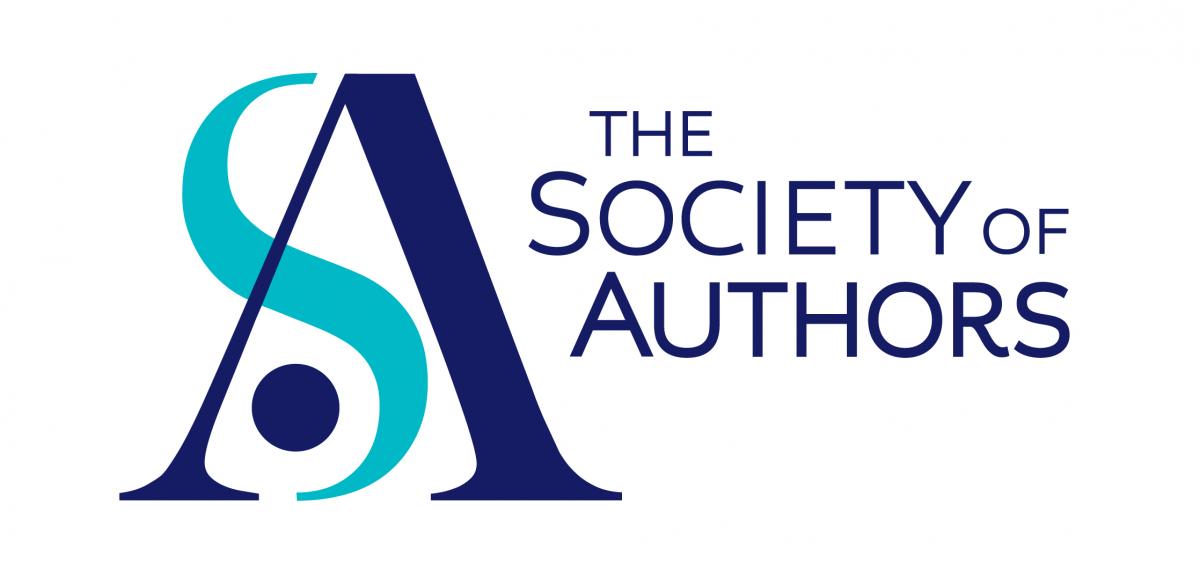Does The Society of Authors' open letter to the Publishers Association miss a trick?
Zebra Eclipse, with its extremely infrequent posts, was set up as a vehicle to explore the common evolutionary path agencies and publishers are on. A path that all brands and every member of the public with a digital footprint is on.
Whereas I look at this from the agency point of view and back up with my experience of blogging, I’m very interested in other aspects of publishing; games, music and books.
The world of book publishing is in a mess. Each sneak peek I get inside it is a surprise and bafflement. How could it possibly work like that? The short answer is; it doesn’t work.
Today, along with the Americans, the British organisation The Society of Authors have released an open letter to the members of the publishers association and the independent publishers guild.
The open letter makes some good points, but first, you have to get over the fact they’ve published it as a PDF. Remember those? This could have been a chance for something to virally whisk through all the author communities on Facebook, be shared by fan groups and supporters and appear throughout Twitter. This opportunity to provoke a discussion, spread awareness and recruit members to the cause has suffered a terrible blow. None of this will happen if just a PDF has been uploaded to a webserver.
In the open letter, the society points out that the median annual income of professional authors has dropped to just £11,000. That’s below the £16,850 the Joseph Rowntree Foundation calculates necessary for a living wage. It also points out less than 12% of authors earn their living solely from writing.
It asks that authors should get at least 50% of ebook revenue. It promotes the C.R.E.A.T.O.R principle as best practice.
The C in C.R.E.A.T.O.R. stands for “clear contracts”. Can you imagine a profession of this age that doesn’t yet have clear contracts?
The E stands for “exploitation”, based on the French model, and argues for a “use-it-or-lose-it” clause when it comes to formats and mediums. In other words, if the publisher hasn’t done an audiobook then the author should be able to do one. Sound like a small fry? I think that all rather depends on how the forthcoming battle between augmented reality and virtual reality entertainment pans out and whether smart messenger systems like Facebook M, Siri and Google Now get into reading.
While the open letter addresses the pain points felt by authors – the lack of cash – I worry that it misses a trick. The money, the success authors are due is in the act of creating something that appeals to hundreds of thousands of people. Is that addressed here?
The premise of the letter is this; we (authors) create, we write, you (publishers) publish, you promote and then lets fairly divvy up the profit. That’s why the society is asking for a greater chunk of ebook revenue and Ownership (the O in C.R.E.A.T.O.R) appropriately tracked.
Isn’t it true that publishers and authors are increasingly sharing the same roles and responsibilities (they’re on the same evolutionary path)? Authors have to promote their own books, write blogs, and guest posts, run Twitter accounts, make time for fan sites (if they’re lucky enough to have one) and even organise their own events? What promotion do publishers do on Amazon for ebooks that authors don’t do?
As Tim O’Reilly said;
Obscurity is a far greater threat to authors and creative artists than piracy
There’s no money to be made, in the first place unless there’s an audience willing to buy your book and invest in your work. Contracts need to be structured in a way that is profitable for all sides to promote the book.
This isn’t just about marketing. Audiences can invest in books in more ways than just buying paper or ebooks. I think this is the real problem. Who has the incentive to explore these new monetisation models?
If an author wants to sell mugs with quotes from her book on them today – does the contract allow it, and who gets the revenue? If a publisher woos a TV production company looking for their next new drama – are they automatically in line for a cut of cash if the deal goes ahead? It’s not clear, but often when I talk to authors, the answers aren't what you would expect. The author can’t really monetise their creation beyond marketing their book. The publisher has no incentive to turn a book into a franchise.
The trick that the C.R.E.A.T.O.R. model may be missing is the importance of Intellectual Property. As the open letter points out, writing is cheap; paying someone to write words isn’t expensive. The challenge is finding ideas, telling stories, and creating characters that sell. If authors want a long-term and robust future, they need to argue their way into monetising the worlds they create.
I’m not a lawyer, haven’t studied an author’s contract in detail, and this initial reaction may be based on a whole load of false assumptions. You don’t see bands asking for a greater chunk of vinyl sales, though, you see them jockeying for better merchandising deals, gigs and pushing their labels to justify every penny they take from the Spotify earnings. My gut feeling is that there’s plenty more work for the Society of Authors to do here.
--
This article first appeared in 2016 on Zebra Eclipse and then, in 2023, was moved here.
